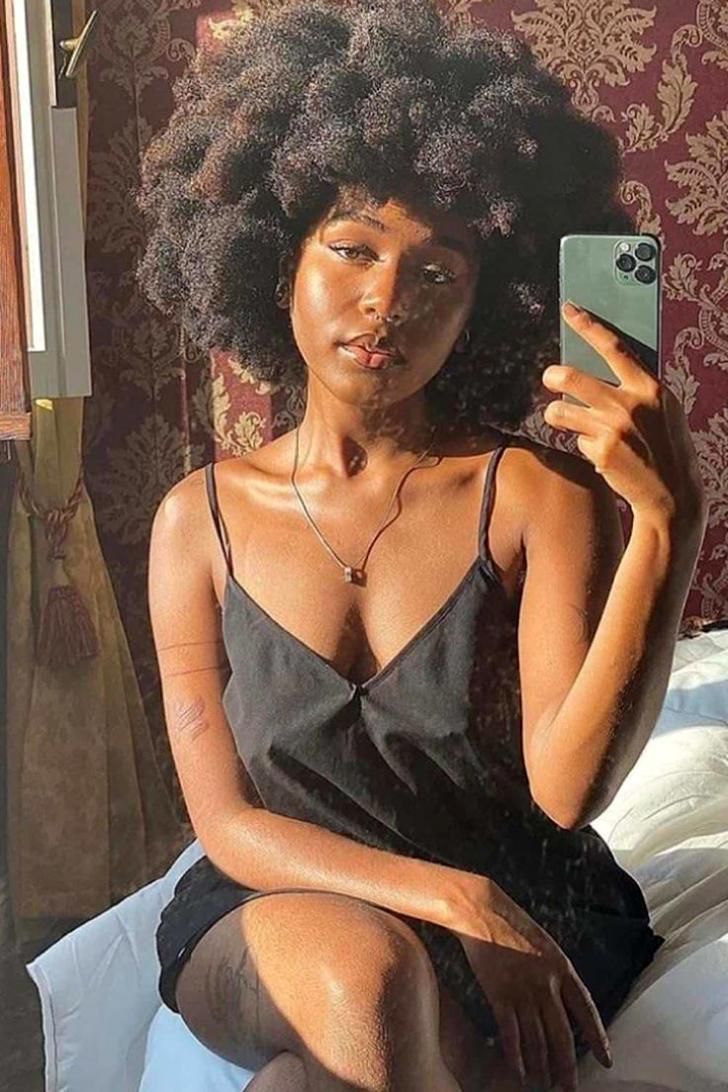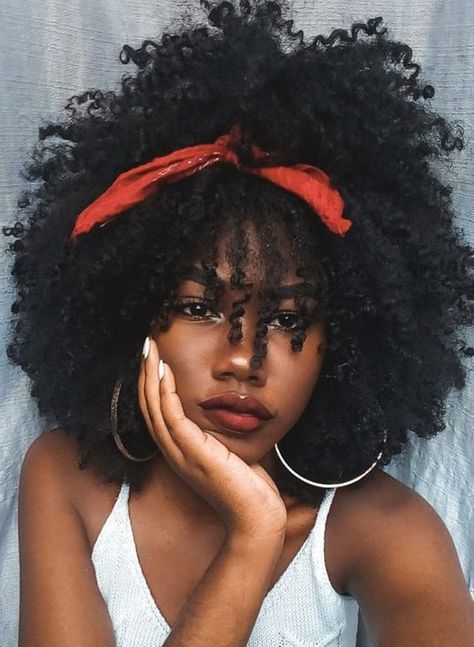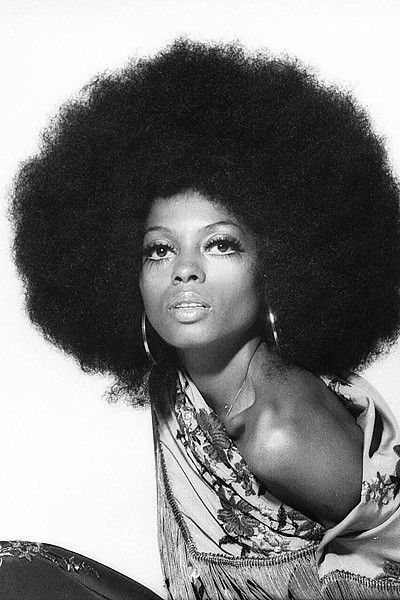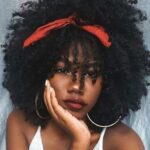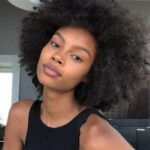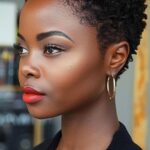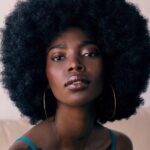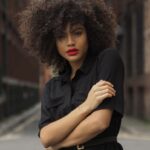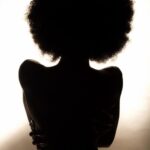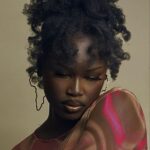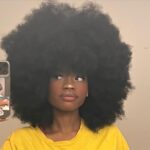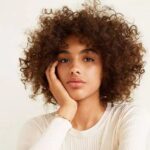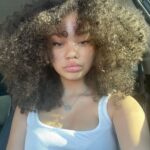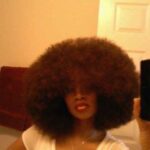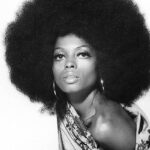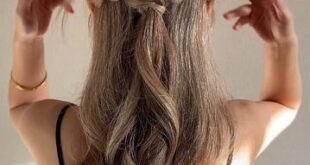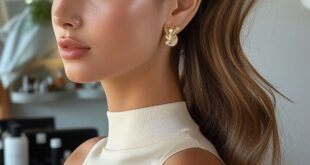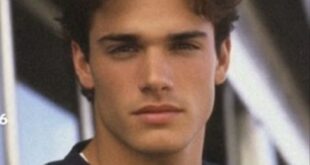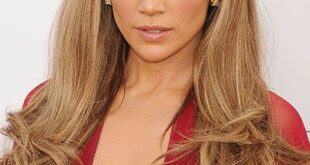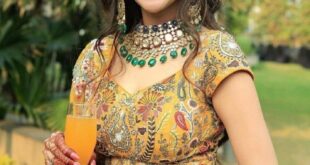Afro hair has been a significant aspect of Black culture for centuries. It is a distinctive hairstyle characterized by tightly coiled curls that form a voluminous, fluffy texture. This type of hair is common among people of African descent, although individuals of other ethnicities may also have afro-textured hair.
Historically, afro hair has been viewed as a symbol of pride and identity within the Black community. It has served as a representation of resistance against Eurocentric beauty standards that favor straight and smooth hair. Many Black individuals have embraced their afro hair as a way to celebrate their heritage and cultural roots.
Despite its cultural significance, afro hair has often been stigmatized and discriminated against. Throughout history, Black individuals have faced scrutiny and prejudice for wearing their hair in its natural state. In some cases, people with afro hair have been denied job opportunities, faced disciplinary actions in schools, or even been subjected to ridicule and harassment for their natural hair texture.
However, in recent years, there has been a growing movement to embrace and celebrate afro hair. Many Black individuals are now choosing to wear their hair in its natural state, rejecting societal expectations to conform to Eurocentric beauty standards. This movement has been supported by initiatives such as the “Natural Hair Movement,” which encourages people of African descent to love and care for their natural hair.
Additionally, there have been legal advancements to protect individuals who choose to wear their hair in its natural state. In 2019, the state of California passed the Crown Act, which prohibits discrimination against individuals with natural hairstyles, including afros, braids, twists, and locs. This landmark legislation aims to challenge discriminatory practices and promote inclusivity and diversity in workplaces and schools.
Afro hair requires unique care and maintenance to keep it healthy and vibrant. Due to its coiled texture, afro hair tends to be dry and fragile, making it susceptible to breakage and damage. Therefore, it is essential to use products specifically designed for afro hair, such as moisturizing shampoos, conditioners, and styling creams. Additionally, protective hairstyles like twists, braids, and bantu knots can help prevent damage and promote hair growth.
In conclusion, afro hair is a beautiful and significant aspect of Black culture that deserves to be celebrated and respected. By embracing and loving our natural hair textures, we can challenge societal norms, promote diversity and inclusivity, and redefine standards of beauty. Afro hair is more than just a hairstyle – it is a symbol of heritage, identity, and resilience.
 innstyled styling
innstyled styling
